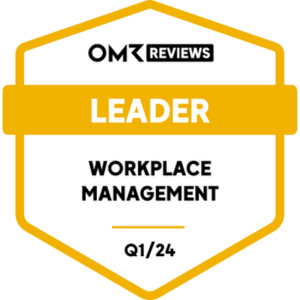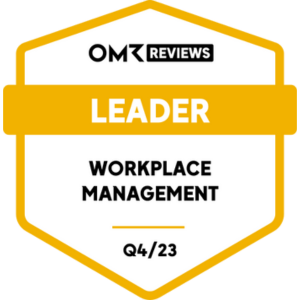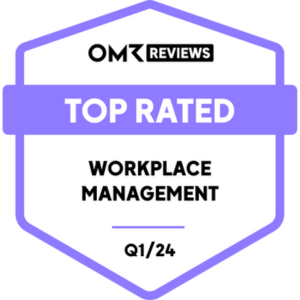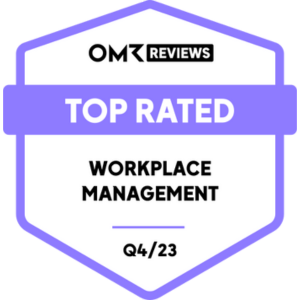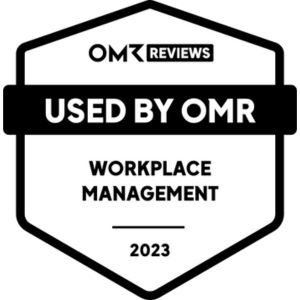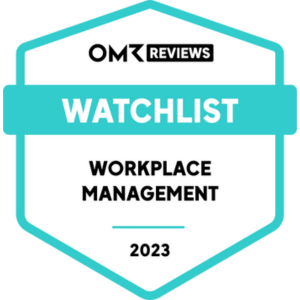Teams from every sector trust desk.ly 💙
More than just a desk sharing software
From booking meeting rooms and parking spaces to analyzing the entire working environment - desk.ly is more than just a desk sharing software. Experience the new way of hybrid work with all the features and integration options of a modern workplace management platform.
Desk Booking made easy
Book and organize workplaces quickly and easily to adapt the working environment to your team's needs.
Quick & easy room booking
Easily book meeting rooms with the right equipment and synchronize desk.ly with Google Calendar and Outlook.
Simple booking of parking spaces
Simple, fast and convenient: Use desk.ly to make your parking spaces bookable and never have to fight for a parking space again.
Your office at a glance
Use real data from utilization analysis to manage your office more intelligently, save costs and make it more efficient.
Seamless integration into existing systems
desk.ly can be integrated into existing systems without any IT effort. Use desk.ly directly in MS Teams and create synchronizations with HRIS systems such as Personio and management systems such as Azure and Google Workspace.
All-in-one solution, that everyone loves
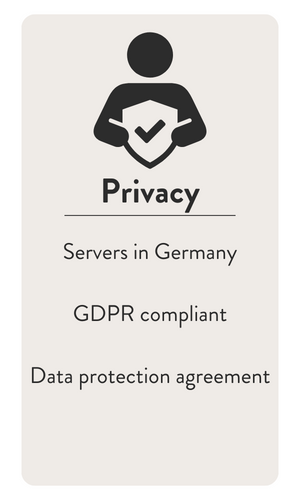
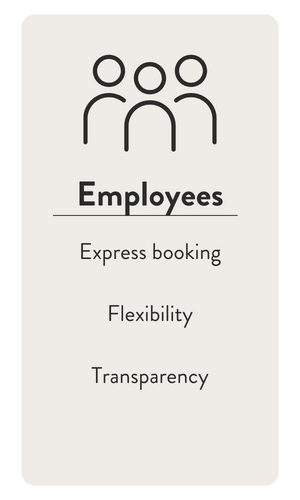
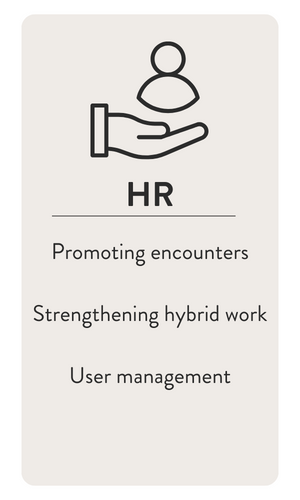
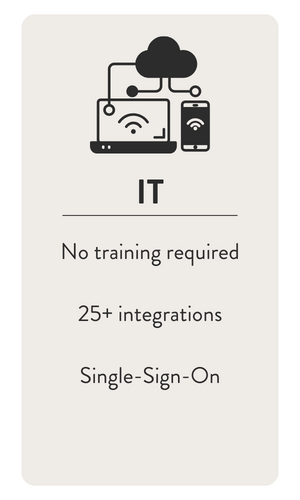
Mehrfach ausgezeichnet von OMR Reviews
desk.ly meets all requirements of the European GDPR and is data protection compliant as an organization and software. We have tailored our product to the essential legal guidelines such as data protection through technology design with the appropriate default settings (Art. 25 EU GDPR) and support customers in exercising their rights as data subjects (right to erasure, information or data portability; Chapter 3 EU GDPR) and make appropriate adjustments.
100,000+ happy users worldwide trust desk.ly

Voices from the community
7 best practices for your desk sharing
Introducing and efficiently organizing shared desks in your company can be a challenge. These practical tips will guide you from introducing the concept to communication and office optimization.
Frequently Asked Questions
Frequently asked questions about workplace management and hybrid working.
What is a hybrid workplace?
A hybrid workstation, also known as a shared desk, is not just assigned to one permanent employee. The flexible workstation is available to every employee in the company and can be booked via desk sharing software.
What does desk sharing mean?
Desk sharing is a concept in which, for example, workstations, parking spaces or other resources in the company are no longer permanently allocated to employees. Desk sharing software is used to organize these resources via its booking system.
Is my data secure?
The security of your data is important to us: desk.ly is hosted on German servers and meets all European data protection requirements.
How does desk sharing work?
Employees share the available resources in the office with desk sharing. The flexible workstations, also known as shared desks, can be booked via a desk sharing booking system.
Are there restrictions for certain company sizes?
desk.ly is a flexible platform solution that is easily scalable and can be used in companies of any size.
What is the price of desk.ly?
You can test desk.ly free of charge with up to 15 users for as long as you want.
Once you have decided desk.ly is the right tool for you, you can get in touch with our sales team for advice or continue using desk.ly directly with your credit card details.
Can desk.ly be integrated into other systems?
We provide over 25 integrations and are constantly working on further integrations. For example, you can connect desk.ly with Azure AD, Google Workspace or the typical HRIS systems, such as Personio, in just a few clicks.
























.png)

